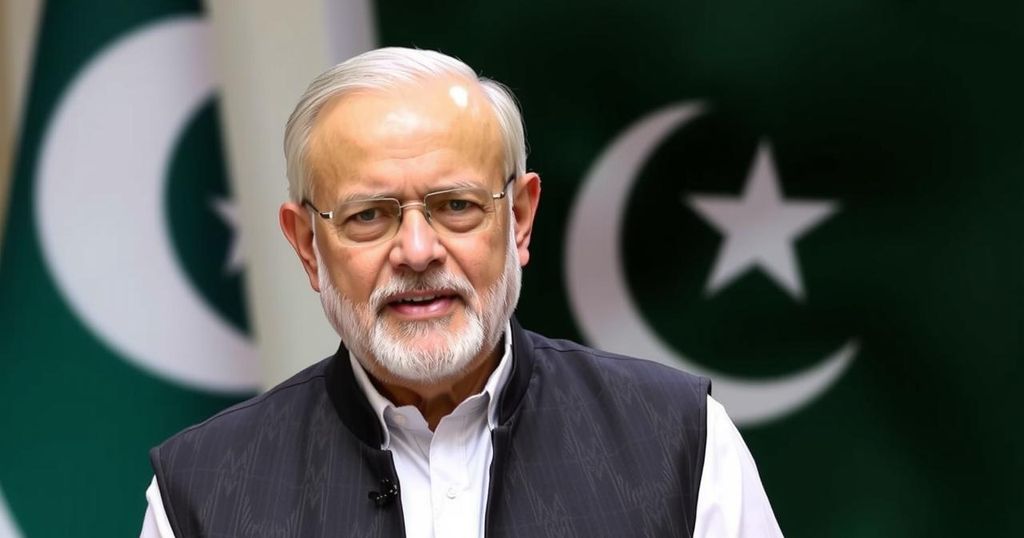Implications of the ISI Chief’s Visit to Tajikistan Amidst Rising Tensions

The ISI Chief of Pakistan visited Tajikistan amid increasing tensions along the Afghanistan-Pakistan border, reportedly meeting anti-Taliban resistance fighters. Concurrently, India’s diplomatic engagements with the Taliban in Dubai seek to prevent the use of Afghan territory for anti-India operations. The changing dynamics may indicate a deterioration of Pakistan-Taliban relations, posing new challenges to regional stability.
The recent visit of the Pakistan Inter-Services Intelligence (ISI) Chief to Tajikistan has raised significant concerns regarding the escalating tensions along the Afghanistan-Pakistan border. Reports indicate that he engaged with resistance fighters opposed to the Taliban, a move that suggests a critical shift in Pakistan’s foreign policy towards its regional adversary, the Taliban. Concurrently, there are indications that Pakistan may consider severing the strategic Wakhan corridor, further complicating the geopolitical dynamics in the region. Meanwhile, India’s Foreign Secretary’s recent discussions with Taliban leaders have aimed to secure assurances regarding the non-utilization of Afghan territory for anti-India activities, reflecting India’s strategic interests amidst fluctuating regional alliances. The fluid situation has prompted notable border skirmishes and signals a broader narrative of strategic repositioning among neighboring powers, complicating Pakistan’s formerly amicable relations with the Taliban. As experts deliberate on the implications of these developments, the focus on whether deteriorating Pakistan-Taliban relations could transform longstanding friendships into hostility remains crucial.
In light of recent geopolitical developments, the relationship between Pakistan and the Taliban has evolved into a complex and multifaceted issue. Historically, Pakistan has been a pivotal ally of the Taliban; however, increased tensions due to border conflicts and differing strategic interests have strained this relationship. The ISI Chief’s visit to Tajikistan is indicative of Pakistan’s attempts to reassess its regional alignments and engage with opposition groups to the Taliban as it navigates these challenges. Simultaneously, India’s engagement with the Taliban suggests a strategic shift aimed at protecting its interests in Afghanistan, thereby influencing the dynamics of the region.
In conclusion, the visit of the Pakistani ISI chief to Tajikistan signifies a pivotal moment in the evolving relationships in Central Asia. It underscores the complexities at play as Pakistan recalibrates its foreign policy amid growing tensions with both the Taliban and regional powers. The implications of these developments could significantly alter the geopolitical landscape, thereby necessitating careful monitoring and analysis by all involved stakeholders.
Original Source: www.indiatoday.in








